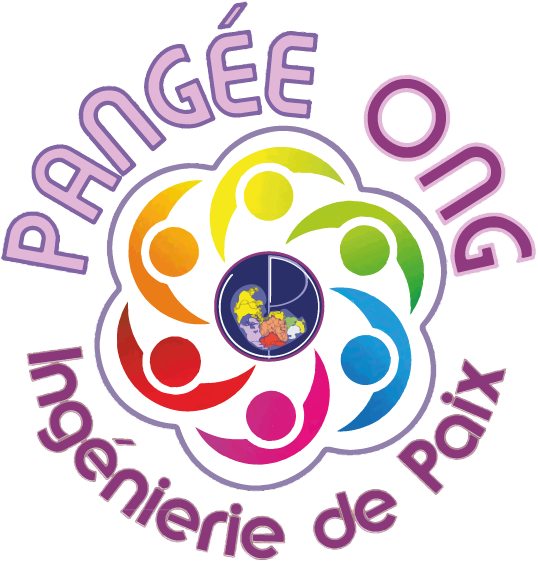Published: 19 September 2025
Author: Civil Society – Charter of Peace Initiative
Within the framework of the 80th Session of the United Nations General Assembly (9–30 September 2025, New York), we, members of civil society and peace partners, are launching a global petition to support the establishment of a dedicated study commission within the United Nations for the development of a Charter of Peace.

Founding Principles
The Charter will be based on:
- Non-violence as a central principle.
- The recognition of life as an inalienable right.
- Direct contribution to Sustainable Development Goal 16 (Peace, Justice and Strong Institutions).
Linkages with UN Bodies and Agencies
The Charter will be connected to the work of the following entities:
- General Assembly: universal forum for dialogue and decision-making.
- ECOSOC: bridge between the UN and civil society.
- Peacebuilding Commission: conflict prevention and post-crisis reconstruction.
- UNODA (United Nations Office for Disarmament Affairs): connecting peace to disarmament.
- OHCHR / Human Rights Council: anchoring peace in the right to life.
- UNESCO: education for peace, non-violence and intercultural dialogue.
- UNDP: integrating peace and governance into sustainable development.
- WHO: linking peace, health and human security.
Submission and Follow-up
The petition will be presented to the Secretary-General of the United Nations, Mr. António Guterres, at the end of September 2025. Its progress will be monitored through monthly transparent reports to engage with all relevant UN bodies.
Independence and Universality: the Charter of Peace is meant to be universal. It can be adopted by States, peoples and communities, even without formal UN endorsement. This is not opposition, but proof that collective will can overcome inertia.
Graz 2026 — Adoption and Calendar
This process will culminate in a major International Peace Congress in Graz, Austria, on 31 July – 1 August 2026, within the framework of the Universal Esperanto Congress:
- 31 July 2026: gathering of officials, States and international organizations for the solemn act of adoption.
- 1 August 2026: dedicated to civil society, diasporas and peoples to continue collective work.
Graz provides a neutral space, free from institutional deadlocks, where the Charter can be freely adopted. The UN may later recognize, integrate or complement this initiative.
Support and Participation
Through PANGEE and long-standing partners, we have already gathered significant support. Volunteers, supporters and organizations are invited to join this initiative, conceived as an inclusive, neutral and universal space, beyond political, religious or ideological divisions.
Structure — Five Committees
To structure this collective effort, five committees will gradually be established:
- Honorary Committee: eminent personalities and moral figures.
- Scientific & Expert Committee: researchers, practitioners and peace innovators.
- Partners Committee: NGOs, institutions and supporting organizations.
- Peoples & Diasporas Committee: representatives of States, peoples and communities.
- Peace Initiatives Committee: gathering complementary projects addressed to the Secretary-General.
Conclusion — Central Message
The Charter of Peace is a project driven by collective will. With or without the UN, the Charter will exist. Join us in building a universal framework for peace based on dignity and respect for life.
Sign the Petition
We invite all citizens, organizations and institutions to sign and share this petition.
Contact & Information
For any question, partnership or contribution: Contact@pangee.org

